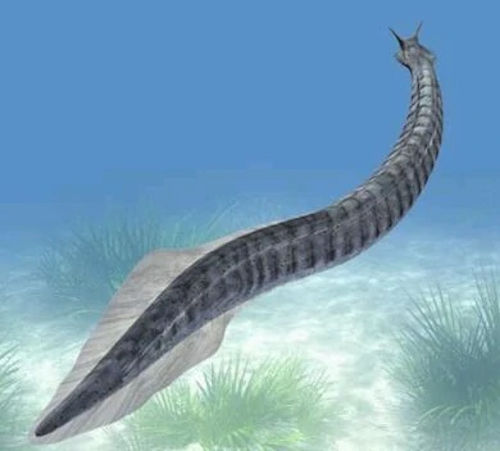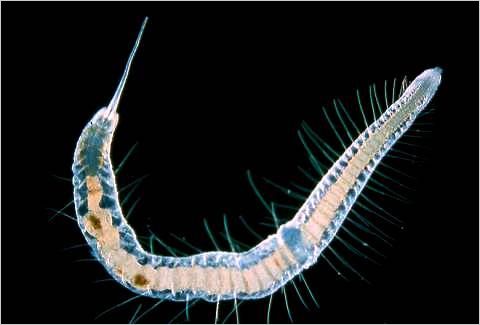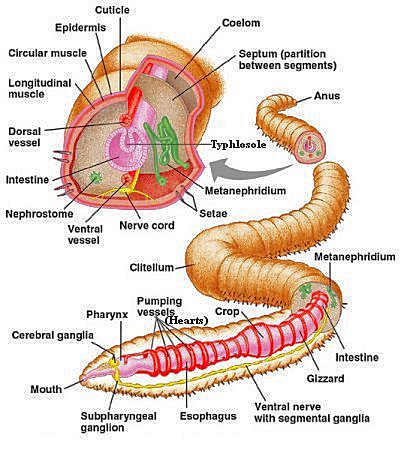BGoodForGoodSake wrote:Imagine what it must have been like when photosynthesis began poisoning the atmostphere with oxygen. All existing life would be threatened with extinction. Faced with this extraordinary pressure the lucky few who could cope would be the only ones to survive.
Just to give some perspective... Evolution proponents will often cite facts that the life arising within more harsh (or different) environments, is evidence of that fact that such life evolved to adapt to their environments. For example, as you picture the lucky few how coped with oxygen in the atmosphere. On the other hand, you have creation proponents such as myself who simply say life died out previously and new life was created by God under the new environmental conditions that evolved during Earth's life.
The thing I want to highlight is that both these scenarios fit with the facts. Although the burden of proof is perhaps on the creationist, since seemly a natural process is simpler and so by Ockham's principle ought to be rationally chosen. Yet, then I believe the burden is also placed back on the naturalist with what I see are some very solid arguments put forward by creationists. For example, citing evidence for the fact life become extinct several times over in Earth's early life due to sterilization events such as asteroid impacts. Yet, on various occasions life suddenly arose several times over. Thus, the creationist will say you aren't looking at the probability of life occurring once (yes I know origins of life this isn't "evolution" per se, but it does go hand-in-hand with a naturalist accounting of life and its diversity), but life beginning from scratch several times over. Evidence such is this, is what creationists like myself will point to in order to claim that the hypothesis of a progressive creation over time appears to explain with the data more easily. Of course it can be claimed that the creationist is positing a "god of the gaps," yet if the problems for a naturalist scenario only appear to get worse or harder to solve as our knowledge
increases, I believe the widening of the gap perhaps points to a true gap in our natural knowledge.
Yet, in the end, the naturalist will stick to their guns not choosing to entertain for some reason or another the remote possibility of an entity so absurd and hideous to them as God. On the other hand, the theist will continue to see the significant evidence which points to the implausibility of any natural accounting. I suppose we will find out with certainty upon death, that is unless the naturalist is right, in which case it won't really matter what we believed since when we die there will be nothing further.

BGoodForGoodSake wrote:Imagine what chaos it must have been when predatory forms first came into being. Now this one gets tricky because predatory organisms depend on their prey so overly successful forms would have decimated local populations resulting in their own demise. I can imagine predation occuring multiple times. And I can imagine defensive mechanisms to appear suddenly allowing predation to be maintainable. And the ensuing arms war to follow would lead to interesting forms.
Imagine also what it must have been like for mobility to surpass these defensive mechanisms. As bony fishes began dominating the seas and quickly moved up to the top of the food chain.
Yes, I can imagine everything as you say, and it certainly is a romantic and fascinating view to have. However, when I come to think about the steps, or how such things could have happened in reality, I frankly can not fathom how such things could have naturally occurred. I honestly can't see any detailed natural mechanism proposed by science as to how such competitive scenarios could have actually occurred. There are vague suggestions on certain mechanisms, which perhaps certainly make it much more easier to "imagine" such survival of the fittest scenarios. But when the exact mechanism(s) of how evolution occurred still poses a major question (e.g., see
http://www.talkorigins.org/faqs/evolution-fact.html), I am just helpless in even
trying to choose to believe it can really happen naturally as imagined. Perhaps you are just as helpless in trying to choose to believe my creation beliefs. Certainly both seem logically plausible, but I suppose this is something that will remain debatable for centuries to come or until the end of time.
Kurieuo









